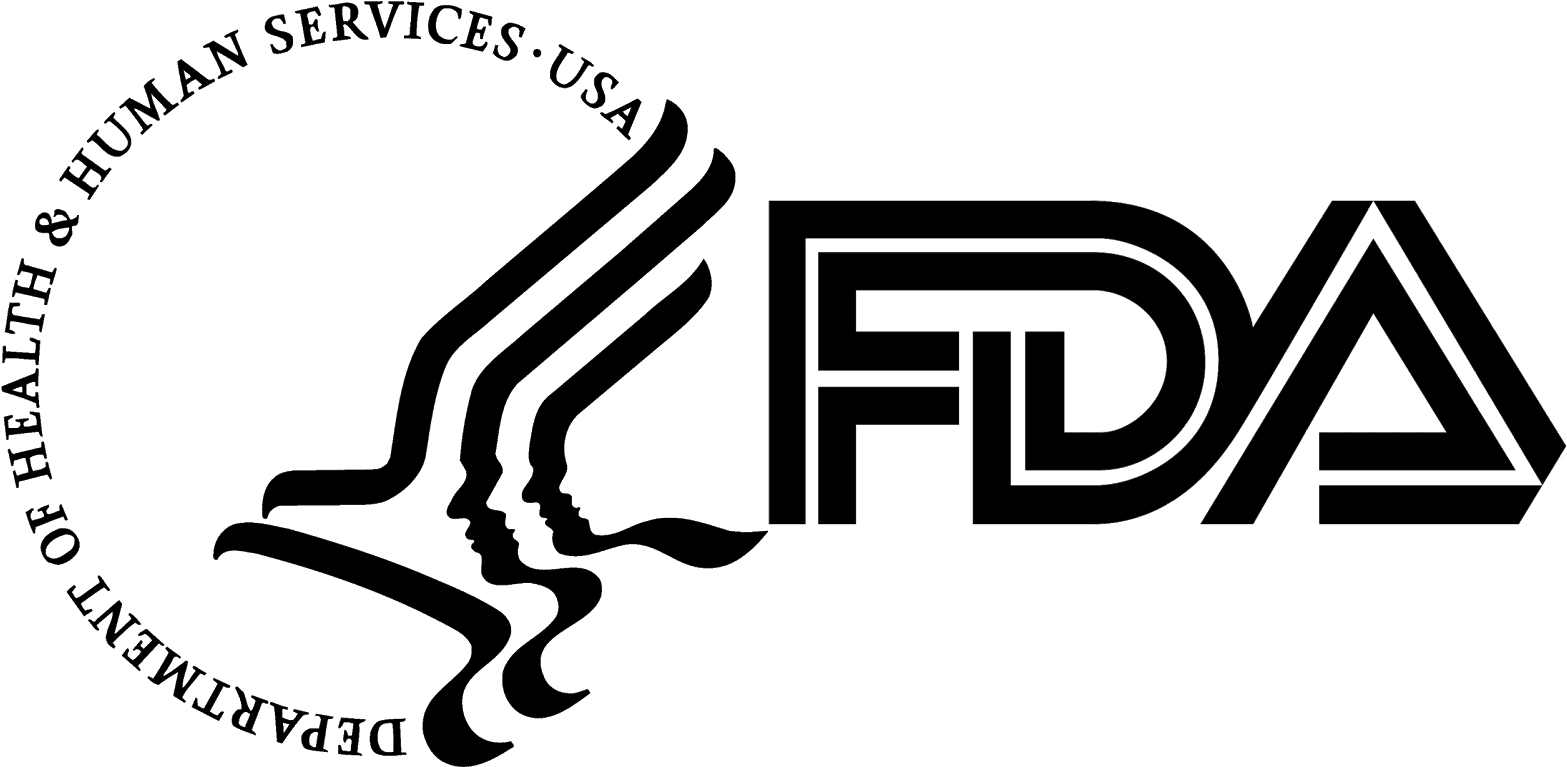Development & Implementation
of Regulatory Strategies

- Summary
- International Life Science Enterprises, Inc. (ILSE) interacts with the US FDA and Canada's Health Canada approval pathways. ILSE provides a wide range of regulatory services and development through post-market support. From Notified Body selection and Pre-IDE preparation to Advisory Panel Meetings, we develop and implement North American regulatory strategies to accelerate our client's commercialization pathway — reducing unnecessary costs while accelerating our client's revenue stream and providing needed products to patients in a timely manner.
- ILSE specializes in creating Regulatory Strategies, which are crucial to investors for new life science companies and international organizations wishing to enter the lucrative United States and Canadian marketplaces.
- ILSE provides services for the complete range of Life Science Products, Medical Devices, therapeutics, environmental products, and cosmetics.
- FDA Consulting
- ILSE is experienced in dealing with the Agencies, conducting, and analyzing clinical trial data, preparing, and making Submissions, q-Sub, PMA, 510k's and, if required dealing with the EPA.
- 510(k) Submissions
- Breakthrough Device Program Submissions
- De Novo Submissions
- FDA Regulatory Strategy
- IDE Clinical Study Submissions and Reports
- Premarket Approval (PMA) Submissions
- Q-Submissions
- Safer Technologies Program (STEP) Submissions
- ILSE is experienced in dealing with the Agencies, conducting, and analyzing clinical trial data, preparing, and making Submissions, q-Sub, PMA, 510k's and, if required dealing with the EPA.
- 510(k) Submissions
- FDA Class II devices require a cleared 510(k) prior to introduction to the US market. ILSE has experience in successfully submitting 510(k) applications.
- ILSE will identify the appropriate Predicate Device(s), reducing the time and costs of seeking
- Initiating a 510(k) project, ILSE will identify the most appropriate predicate device(s). ILSE will determine the regulatory strategy and steps to achieve and respond to any follow-up questions from the Agency. A predicate device selection and identification are required to accomplish a 510k exemption.
- OOPD Submissions
- Office of Orphan Products Development (OOPD) accelerate the review of (drugs, biologics, devices, or medical foods) that may diagnosis and/or treat rare diseases or conditions. The OOPD program provides orphan status to drugs and biologics intended for the treatment, prevention or diagnosis of a disease or condition, which affects less than 200,000 persons in the US or meets cost recovery provisions of the act.
- ILSE will examine the client's product offering to determine if this exemption is appropriate. If so determined, ILSE can also compile the presentation of the technology to the FDA, typically via a pre-Submission (Q-Submission) meeting.
- Conditions that must be met to achieve breakthrough designation include demonstrating that a device provides more effective treatment/diagnosis of life-threatening or irreversibly debilitating human diseases/conditions and meet at least one of the following criteria:
- Breakthrough technology
- Breakthrough Device Program Submissions
- No cleared device/therapy alternative exists
- May provide significant advantages over Agency cleared alternatives
- Device availability will serve the patients.
- De Novo Submissions
- The US FDA De Novo process is designed for certain appropriate predicate, but general or special controls could provide reasonable assurance of safety and effectiveness.
- There are two conditions under which a manufacturer can consider a De Novo request:
- Upon receipt of a "Not Substantially Equivalent" (NSE) determination by the FDA to the submitter's 510(k) Submission
- There is no legally marketed predicate device to base a 510(k).
- ILSE recommends that manufacturers engage with the FDA via a Pre-Submission meeting to discuss the applicability of a De Novo Submission under these circumstances. If the FDA supports a De Novo Submission, the client may make a 510(k) without reference to a predicate device.
- FDA Regulatory Strategy
- The FDA regulates medical devices based on potential risks posed to patients. However, determining the classification and optimal roadmap to product clearance.
- Key considerations for device makers include:
- What are the correct product code and regulation number?
- What are consensus standards applicable?
- What testing will be required?
- What should clinical data/animal data be included with the Submission?
- What is the most appropriate predicate device?
- How will my regulatory strategy impact reimbursement of the product?
- Should a Q-Submission before submitting regulatory filing?
- ILSE can help you answer all these questions and more by developing a Regulatory Strategy that will also outline the timeframe and cost.
- IDE Clinical Study Submissions and Reports
- If a device manufacturer and the Agency have determined, a clinical investigation is required. If a clinical study will not pose a significant risk, only an Institutional Review Board (IRB) approval is required before an investigation can commence. If, however, a device presents a risk, both IRB and an FDA Investigational Device Exemption (IDE) is required.
- Typically, IDEs are required for devices that must undergo a Premarket Approval (PMA) process—although most 510(k) Submissions require some clinical data upon Submission.
- ILSE can support companies wishing to submit for an IDE with the following processes:
- Determining significant vs non-significant risk
- Attending pre-Submission meetings to discuss risk determination, clinical study protocol(s), and other components (usually telephonic)
- Compilation of IDE documents
- Facilitation and management of required clinical studies and reviewing clinical data conducting statistical analysis and preparing data for Submission.
- ILSE strongly recommends that clients plan clinical trial data to submit their protocol and other data to ILSE for review who will consult with the Agency. This should be done before conducting clinical trials. If the Agency Guidance Documents are not followed, the data will not be accepted as part of the Submission.
- PMA Submissions
- Premarket Approval (PMA) is the FDA process of scientific and regulatory review to evaluate the safety and performance of Class III (high-risk) medical devices. Given the risk associated with Class III devices, the PMA process is more stringent, expensive, and usually takes much longer than a Class II 510(k) Submission.
- A PMA Submission can be a traditional PMA in which information is submitted in its entirety. Alternately the client can submit a modular PMA where sections such as preclinical, manufacturing, and clinical data can be submitted separately. This method is recommended if a company is collecting clinical data while other sections of the PMA have been developed and submitted.
- Another critical differentiation with PMA Submissions is that a company's manufacturing facilities and quality system will be audited by the FDA during the Submission process and must meet the FDA's requirements before PMA approval.
- Post-approval, manufacturers must submit annual reports to the FDA, with 'PMA supplements' required for any significant changes made to a device or its claims.
- ILSE can assist manufacturers with PMA Submissions through:
- Assistance with the pre-Submission process
- Support with the compilation of PMA sections
- Management and facilitation of required preclinical testing
- Management of required clinical investigation (worldwide)
- Preparation and representation for advisory panel meeting reviews
- Preparation of PMA supplements and annual PMA reports
- Q-Submissions
- The FDA's Q-Submission Program provides submitters with an opportunity to have early collaboration and discussions about medical device submissions. It also offers an opportunity for submitters to discuss issues communicated by the FDA during the review of other submission types, such as submission hold letters.
- As a client develops a regulatory strategy, there may be many unknowns. Rather than waste effort and funds in preparing a submission that received an "Incomplete Ruling". ILSE recommends a Q-Submission to the FDA to obtain clarity and address potential concerns before a regulatory filing. Such as the suitability of clinical data generated in other countries.
- Within the Q-Submission process, a manufacturer engages with the FDA for no additional fee to present critical questions and receive specific feedback. While this process adds time at the beginning of any development project, ILSE's experience provides a better chance of achieving successful Submission and shortens overall project timelines—saving valuable resources.
- Safer Technologies Program (STeP) Submissions
- SteP is designed for these devices, which are expected to improve the safety of currently available treatments significantly.
- The program's purpose is to allow patients more timely access to devices by expediting the assessment and review of associated regulatory Submission processes, be it a 510(k), De Novo, PMA Submission. The program allows for interactive, complimentary, and timely discussions with FDA.
- FDA US Agent Services
- As part of FDA's Medical Device Registration and Listing requirements pertaining to medical device approval, organizations outside the United States must designate an FDA US Agent.
- All foreign establishments must notify the FDA of their US Agent's name, address, and phone number. The US Agent must either reside in the US or maintain a place of business in the US and must be available to answer the phone during regular US business hours.
- The responsibilities of a US Agent are as follows:
- Assisting FDA in communications with the foreign establishment.
- Responding to questions concerning the foreign establishment's products that are sold in the United States.
- Assisting FDA in scheduling inspections of the foreign establishment; and.
- If the FDA cannot contact the foreign establishment directly or expeditiously, the FDA may provide information or documents to the US agent, and such an action shall be equivalent to providing the same information or documents to the foreign establishment.
- Should the client need additional services, ILSE can provide regulatory, medical device testing, preclinical, clinical, and quality/compliance services to meet FDA requirements for 510(k)s, PMAs and IDEs. These services include but are not limited to FDA annual establishment registration and device listing, official correspondent responsibilities, resolution of import issues, regulatory strategy, required biological and/or functional testing, clinical study design and conduct, quality systems development/implementation and writing regulatory Submissions.
A predicate device (PD) is a medical device that may be legally marketed in the US and used as a point of comparison for new medical devices seeking approval through the FDA's 510(k) premarket clearance pathway.


Health Canada Approval Process
- Four Classes of Devices
- Class I
- Apply for a Medical Device Establishment License (MDEL)
- Class I: Low-risk devices such as wound care and non-surgically invasive devices.
- Class II: Low-to-medium risk devices, including contact lenses and the majority of surgically invasive devices (e.g., surgical gloves, needles, magnetic resonance imaging equipment).
- Class II
- Implement ISO 13485.2016
- Independent audit required.
- Apply for MDEL similar to the FDA 510(k) process.
- Certificate of ISO 13485 Certificate
- Submit for review.
- Class II: Low-to-medium risk devices, including contact lenses and the majority of surgically invasive devices (e.g., surgical gloves, needles, magnetic resonance imaging equipment).
- Class III
- Implement ISO 13485.2016
- Independent audit required.
- Certificate of ISO 13485 Certificate
- Submit for review.
- A surgically invasive device that is intended to be absorbed by the body or that is typically intended to remain in the body for at least thirty consecutive days is classified as Class III.
- Class IV
- Implement ISO 13485.2016
- Independent audit required.
- Apply for MDEL similar to the FDA 510(k) process.
- Certificate of ISO 13485 Certificate
- Submit for review.
- A medical device is intended to be used for a specific purpose. (a) disinfecting or sterilizing blood, tissues, or organs that are intended for transfusion or transplantation
